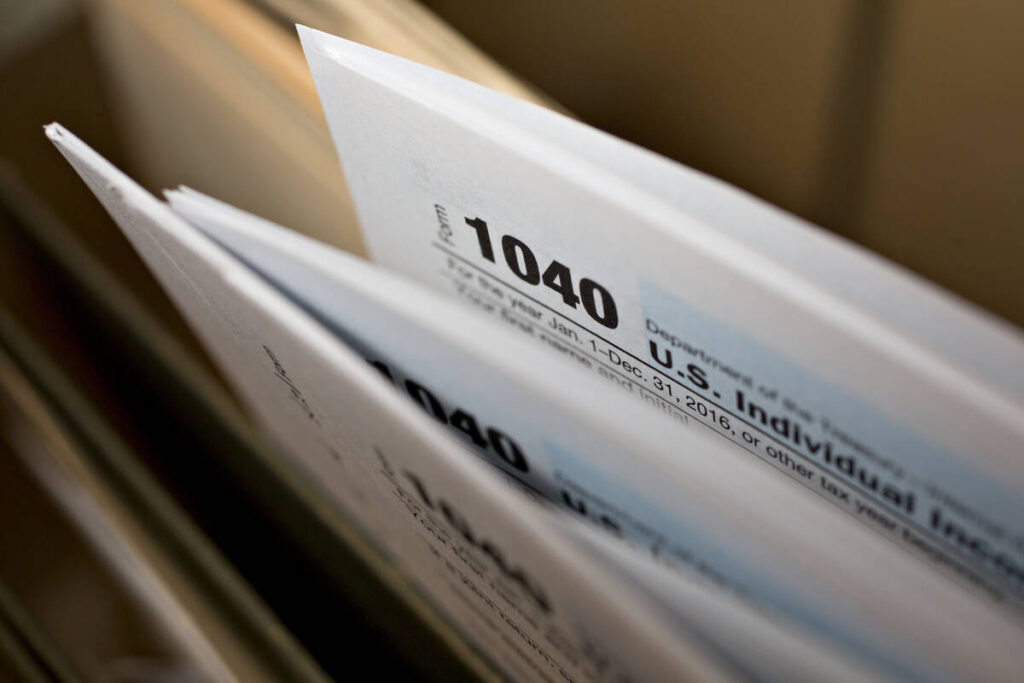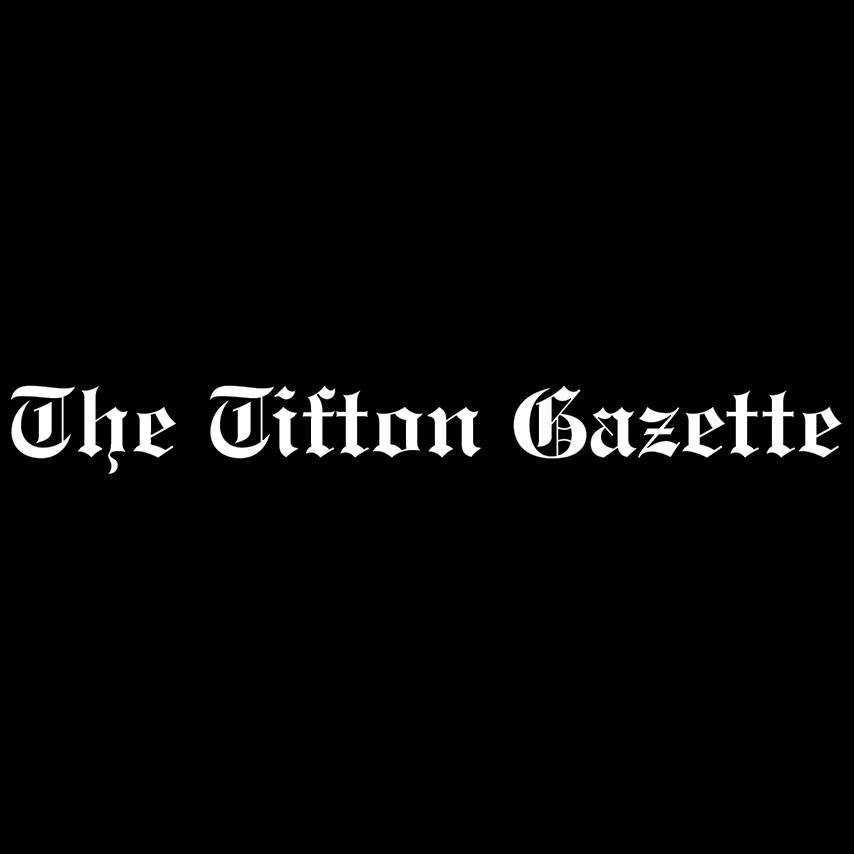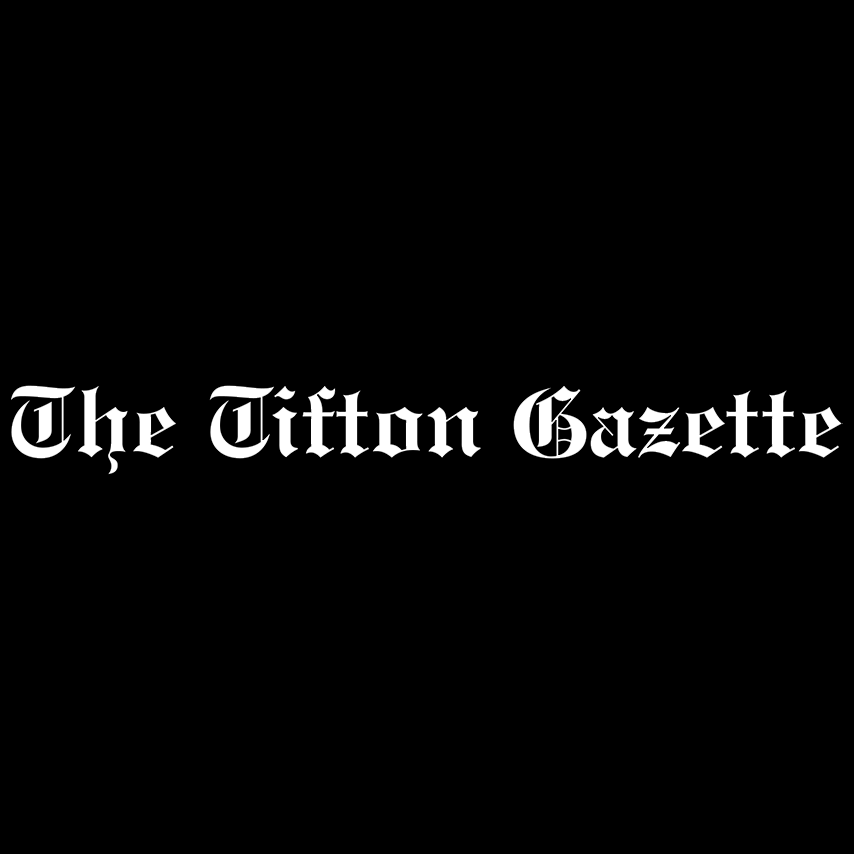
The debate surrounding tax revenue collection is reigniting calls for a reevaluation of the current system in the United States. Historically, prior to 1913, the federal government successfully relied on excise taxes and tariffs to fund its operations, including major projects like the construction of the transcontinental railroad.
This reliance on indirect taxation allowed the government to thrive while avoiding the complexities associated with direct income tax. During that time, the nation emerged as a global power, having fought and won significant wars, earning respect from countries around the world. Yet, the introduction of the income tax has sparked criticism, with detractors arguing that it has led to misuse of funds and increased corruption among government officials.
The Shift to Income Tax
Before the implementation of the income tax, revenue was gathered primarily through excise taxes on domestic products and tariffs on foreign imports. These sources provided a steady inflow of funds that allowed for national expansion and infrastructure development. The income tax, introduced in 1913, was initially seen as a means to ensure a fair distribution of the tax burden among citizens.
However, critics now contend that this system has had unintended consequences, fostering an environment where elected officials accrue wealth through their positions. The income tax structure is often blamed for creating opportunities for graft and financial misconduct, with some officials becoming multimillionaires as a result.
Exploring Alternative Revenue Streams
Advocates for change suggest revisiting the earlier tax models that relied on excise taxes and tariffs. They argue that these methods can provide a more accountable and transparent means of funding government initiatives without the complications associated with direct taxation. By focusing on consumption rather than income, the government could potentially reduce fraud and corruption.
Proponents also believe that a restructured tax system could invigorate economic growth by encouraging spending and investment. Lowering the income tax burden might stimulate consumer spending, ultimately benefiting the economy as a whole. This shift could lead to increased revenue without the need for complex tax codes that often create loopholes and inequities.
The conversation around tax reform is crucial, especially as the nation seeks sustainable solutions to its financial challenges. As discussions continue, it remains essential to consider the historical context and potential alternatives that could reshape the future of tax revenue in the United States.
Overall, the call for a new approach to tax collection highlights the need for transparency and accountability within government financial practices. The debate is likely to persist as citizens and officials alike seek a fair and effective way to manage the nation’s resources.






